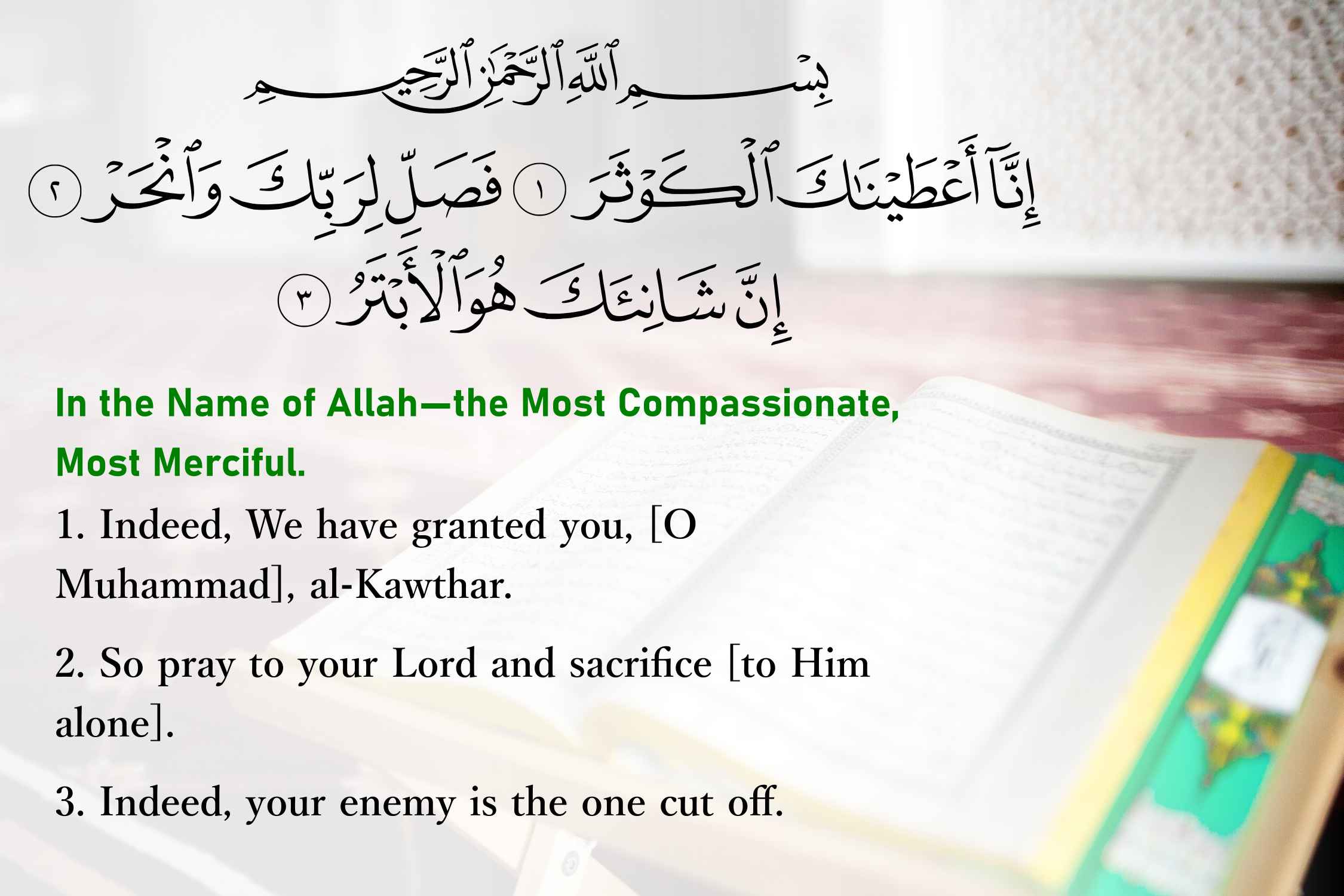The average human being in the developed world battles sadness and worry on a daily basis.
While the majority of the world’s population confront extreme poverty, famine, conflict and despair, those of us privileged to lead relatively easy lives must tackle fear, stress, and anxiety.
Stress, Anxiety & Worry
Why are those of us blessed with riches beyond compare immersed in loneliness and desperation?
We are living in a time of confusion, we try as we might, yet gathering material possessions can do nothing to mend broken hearts, and shattered souls.
Religious beliefs should afford a sense of comfort however; it seems that 21st century man has lost the ability to connect to God. Pondering the meaning of life no longer overcomes a feeling of abandonment. This desire to acquire material possessions, which in some way validates our reason for being, has become the balm that soothes our troubled souls. Why is this so?
Now, more than at any other time in humankind’s history, stress, anxiety and psychological problems are taking a tremendous toll on the human condition.
We have the best of everything readily available, yet the reality is we have nothing. Nothing that comforts the soul. Beautiful furnishings do not hold our hand in the darkest night. The latest entertainment centre does not wipe our tears or soothe our furrowed brow.
Those of us living with pain and grief, or afflicted with hardship feel abandoned. We feel rudderless on an open sea. Huge waves threaten to engulf us at any given moment. Our desires and debts stand at the apex and loom over us, like great avenging angels, and we search for comfort in addictions and self-destructive behavior.
Islam’s Answer
How do we step away from the precipice?
In Islam, the answer is remarkably simple. We turn back to our Creator.
God knows what is best for His creation. He has complete knowledge of the human psyche. He knows of the pain, the despair, and the sadness. God is whom we are reaching for in the darkness. When we put God back on our agenda, the pain will subside.
{Verily, in the remembrance of God do hearts find rest.} (13:28)
Islam is not a religion filled with empty rituals and hypercritical rules and regulations, although it can seem so if we forget just what our real purpose in life is. We were created to worship God, nothing more and nothing less.
However, God, in His infinite mercy and wisdom did not abandon us to this world filled with trials and tribulations. He armed us with weapons. These weapons are more powerful than the arsenals of the great 21st century armies. God gave us the Quran, and the authentic traditions of His Prophet Muhammad.
The Quran is a book of guidance and the traditions of Prophet Muhammad explain that guidance. Islam is all about making and keeping a connection with God. This is how Islam deals with sadness and worry. When the wave is about to come crashing down or the world begins to spin out of control God is the one stable factor. The biggest mistake a believer can make is to separate the religious and material aspects of his or her life.
{God has promised those who believe (in the Oneness of God) and do deeds of righteousness, that for them there is forgiveness and a great reward (i.e. Paradise).} (5:9)
Life’s New Meaning
When we are overwhelmed by worry and sadness, relief comes from turning to God. If we live our lives according to His guidance, we gain the means and the ability to overcome any despair.
When we accept with full submission, that we are no more than slaves of God, put on this earth, to be tried, tested and tempted, life suddenly takes on a completely new meaning. We recognize that God is the one constant in our lives and we recognize that His promise is true.
Prophet Muhammad declared that all the affairs of a believer are good:
“Indeed amazing are the affairs of a believer! They are all for his benefit. If he is granted ease then he is thankful, and this is good for him. And if he is afflicted with a hardship, he perseveres, and this is good for him.” (Muslim)
Islam has the answer to all the problems that afflict humankind. It asks us to look beyond the need for self-gratification, and further still, beyond the need to acquire possessions. Islam reminds us that this life is but a transient pause on the way to life everlasting.
The life of this world is but a fleeting moment, sometimes overflowing with moments of great joy and happiness but at other times filled with sadness, sorrow, and despair. This is the nature of life, and this is the human condition.
In the following three articles, we will examine guidance from the Quran and the authentic traditions of Prophet Muhammad in an endeavor to discover just how Islam suggests that we deal with sadness and worry.
Three Keys
There are three key points that will allow the believer to free himself from the shackles of 21st century life. They are patience, gratitude, and trust in God. In the Arabic language, sabr, shukr and tawwakul.
{And certainly, We shall test you with something of fear, hunger, loss of wealth, lives and fruits, but give glad tidings to the patient ones.} (2:155)
{Therefore, remember Me (God) and I will remember you, and be grateful to Me (for My countless Favors on you) and never be ungrateful to Me.} (2:152)
{If God helps you, none can overcome you; and if He forsakes you, who is there after Him that can help you? And in God (Alone) let believers put their trust.} (3:160)
To be continued…
Source: Islamreligion.com
(From Discovering Islam archive)










